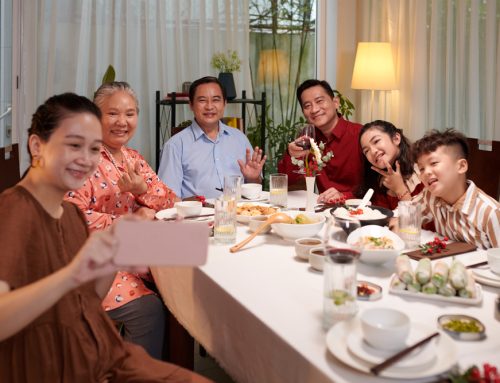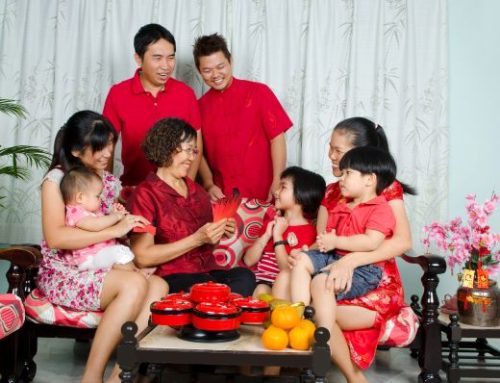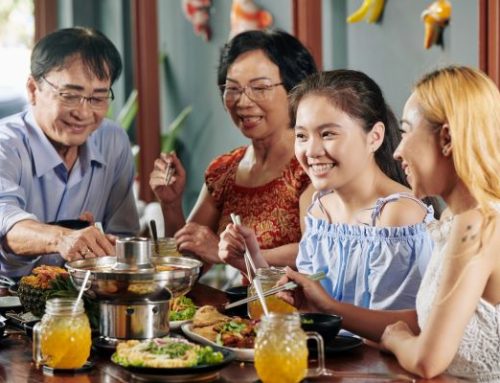Cultural Conflict is very common among migrant families whose culture is not similar with the country they migrate to.
How do you overcome those cultural clashes?
I was at a wedding recently. It was a very joyous occasion with a beautiful setting, almost perfect weather and the bride and groom were surrounded by loved ones.
During the speech, the groom was sharing his story about migrating to Australia at a very young age and how the parents were new to the Australian culture. One of the sentences in his speech caught my attention – he mentioned that his dad actually spoke more during the wedding and very rarely praised or very rarely expressed his feelings.
I can relate to this sentiment well. I was also brought up in a similar environment and I understood where the groom was coming from.
Allow me to share two scenarios about our cultural upbringing and the potential conflicts that can arise in a new country. I am going to use the example of the Asian community where I grew up in.
During our parents’ time, the parenting paradigm was more geared towards the authoritative parenting style, where shame, blame, guilt and judge were the norm and compounded with the rituals of filial piety virtues, which had been in the Chinese culture for many centuries.
Therefore many Asian parents who migrated to their new country, for example Australia, would still be holding on to the parenting paradigm that they were familiar with.
Naturally their parenting style would be based on the only way they knew – what they were taught by their families and of their own experiences – the paradigm they were brought up with.
However, our children (the next generation) were brought up in Australia, where the society is more geared towards individualism, focusing on individual needs. Here is is based on their own way of doing things and expressing themselves. On top of that, Australians are more vocal, and express their feelings and thoughts more freely; they will not hesitate to challenge their parents’ ideology most times.
Thus the children’s philosophy in life tends to contradict the authoritative parenting style of ‘always respect your parents and the elderly’. Talking back to parents or elderly was a BIG no-no – so a CULTURAL clash!
These scenarios are common but unavoidable. Therefore how can we minimise these cultural clashes?
- Be mindful that our children are brought up here; they will be learning and experiencing the culture of their adopted country through their upbringing and their peers.
- Be conscious of your parenting style and work out whether it is still workable in your current environment. Be prepared to open up communication with your family and make time to open up communication with your children through building respectful, open and loving relationships with them.
- Be mindful of your own needs as well.
Have a wonderful day ahead!
Article you may be interested in:
>> Parenting in a new culture and the opportunity for stronger bonding and connections







Leave A Comment